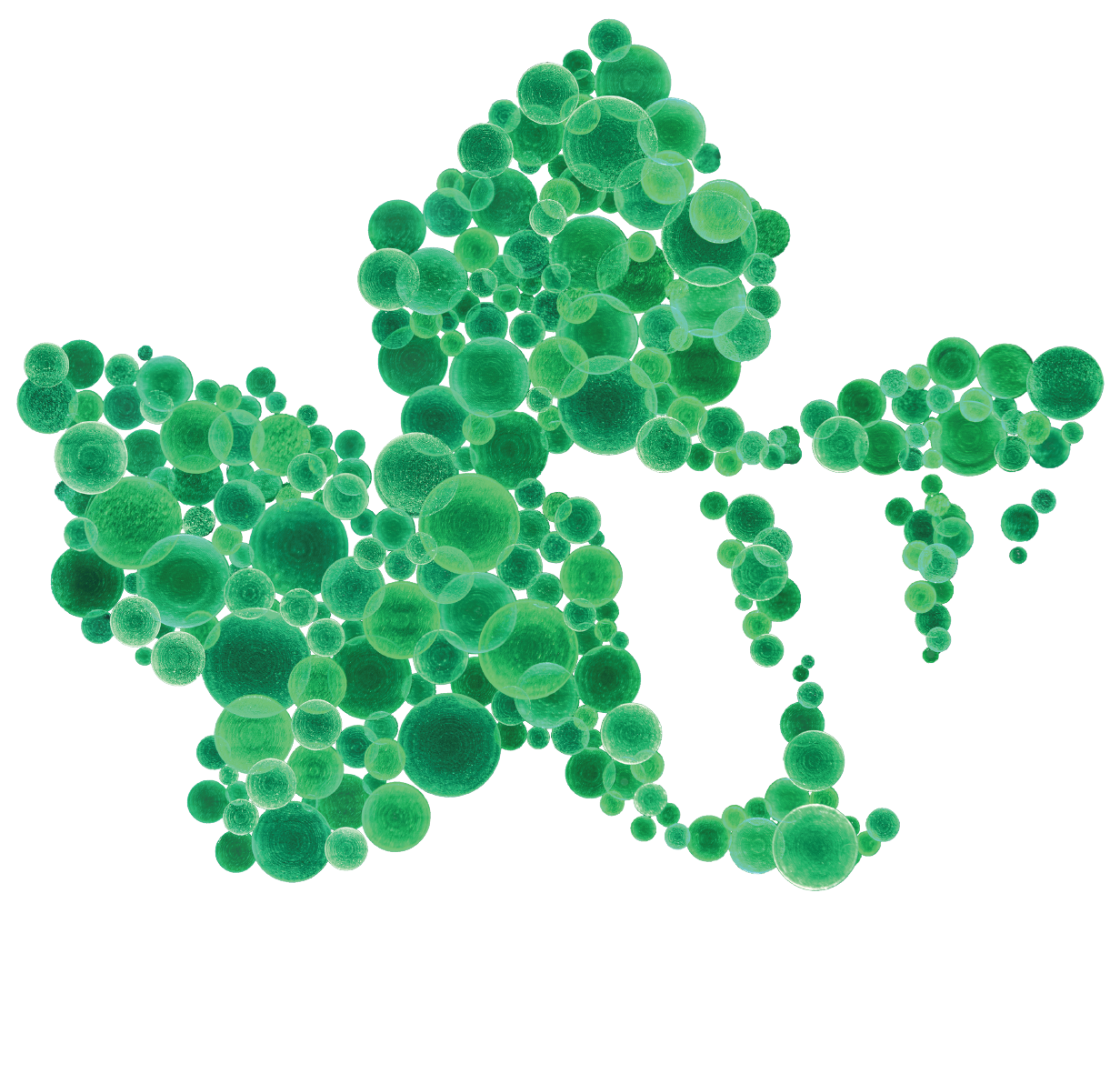Global Student Design Competition for Sustainable Solutions Names New Judges
As student teams apply to compete for large cash prizes by designing real-world solutions to complex environmental problems, organizers of the Wege Prize 2023 student competition have named two new experts to its extensive roster of judges.
Both new judges hail from the acclaimed Grand Rapids Public Museum in Michigan: Stephanie Ogren, vice president of science and education, and Jannan Cotto, Anishinaabe curator for the museum’s Collections Department. The two also share a passion for sustainability and the circular economy, the focus of Wege Prize, the acclaimed international student design competition organized by Kendall College of Art and Design of Ferris State University, known as KCAD. (Background on the expert judges follows, below.)
Ogren and Cotto join the acclaimed competition’s pool of nearly 20 preliminary and core judges who guide the international teams of college and university students as they compete in transdisciplinary groups of five through up to four distinct phases over the course of seven months.
“Our judges represent a cross-section of talent in sustainability, social justice, and design,” says Gayle DeBruyn, KCAD professor and Wege Prize organizer. “The judges offer insightful review and evaluations of the teams’ deliverables along with expert, direct feedback for the students, which strengthens the teams’ concepts and workable solutions. It’s exciting to see the teams move their ideas forward in unexpected ways.”
About Stephanie Ogren
As the developer of programming, outreach, research projects, and exhibits for the Grand Rapids Public Museum, Ogren strives to bring relevant scientific information and experiences to the public. In her role, she develops and leads engaging, educational, and thought-provoking programs for schools and the museum’s visitors, and works collaboratively with community groups and natural resource managers. Previously, Ogren spent 15 years as a senior aquatic biologist for a Native American Tribe developing water quality programs and working with threatened species. Her expertise in clearly communicating scientific information to the public later advanced her to a position with the Grand Rapids Public Museum where she assisted in developing an exhibit documenting the journey of Lake Sturgeon through time. Ogren holds a bachelor’s in biology and a master’s in aquatic sciences from Central Michigan University. She earned her doctorate in restoration ecology at Michigan Technological University.
About Jannan Cotto
Named for the group of culturally related Indigenous peoples in the Great Lakes region, Cotto was announced as the Anishinaabe Curator for the Grand Rapids Public Museum’s Collections Department this summer. Cotto leverages her experience in culturally responsive relationship building and the facilitation of participatory program development to help enhance the museum’s Anishinaabe-focused initiatives. Previously, Cotto, who is a member of the Little Traverse Bay Bands of Odawa Indians, worked in indigenous education for 15 years in both urban and reservation communities with the goals of improving outcomes for and the awareness of Indigenous people through a social justice and decolonizing framework. A major focus of her work included developing Indigenous land-based education for Indigenous and non-Indigenous learners that emphasizes Indigenous perspectives, encourages relationships with land, and inspires critical thinking and critical action in our global community.
Along with the competition’s full complement of preliminary and core judges, Ogren and Cotto will help Wege Prize’s participating teams chart new paths transitioning from our current linear economy — where processes mainly take, make, and dispose — to a circular economy that’s regenerative and restorative by design.
“We are delighted to welcome Stephanie Ogren and Jannan Cotto to guide our student teams to their ultimate success,” says KCAD’s DeBruyn. “Our jurors heartily promote these innovative problem-solvers and help motivate Wege Prize teams’ inventive, collaborative solutions to how we produce and consume products.”
Wege Prize provides a powerful and accessible platform for any college or university student in the world to develop tangible solutions to serious challenges, benefiting from a collaborative process that transcends disciplinary, cultural, and institutional boundaries. The resulting solutions — including many that go on to join incubators and earn startup funding — address climate and environmental impacts, social and economic disparities, and cycles of waste, hunger and poverty.
The winning student teams each receive cash awards from a total prize pool of $65,000 USD, thanks to the continuing financial support of The Wege Foundation. Applications for the competition are now open through October 31. To apply to Wege Prize 2023, visit www.wegeprize.org/apply.
To arrange interviews and for other assets, contact Karen Maserjian Shan, karen@ccsullivan.com.



